[Editor’s note: This post comes to us from our colleague Rick Kelly, director of Triad Strategies’ crisis communications practice.]
By most measures, Cedar Fair is a thriving enterprise. Its share price since 2010 has nearly quadrupled, most analysts rate its stock as a “buy,” and the $1.24 billion in revenue it generated in 2015 was its sixth straight annual revenue record. As the economy strengthens, the outlook is bright as attendance is expected to increase at its 11 amusement parks, four water parks and five hotels. Its ticker symbol is FUN. In terms of advancing a mission, we’d call this kicking butt.
In late January, the company’s Allentown venue, Dorney Park, announced it was starting its summer hiring process and expected to hire more than 3,000 seasonal workers this year. Christopher Emery, a 29-year-old with special needs, expected to return for his 13th summer of cleaning restrooms.
We’ll let the Morning Call take it from there:
Claudia Emery, of Macungie, said her son looks forward to going back to Dorney each spring and takes pride in his work. This week, she said, the family was informed that the park’s interview process was changing, and that Chris would be required to complete some tasks with other potential employees, including building things with Legos and other group activities.
At the end of the session, Claudia Emery said, she was told that Chris didn’t do well on the test and would not have a job when the park opened.
“I had to hold everything back until we got out the door,” she said. “I told Chris that he was not going to work at Dorney this season. He didn’t understand.”
Claudia Emery said she had to console her son, who was very upset about not seeing his friends at the park. One of those friends, fellow Dorney employee Matt Redline, wrote an angry post on Facebook that quickly went viral:
“I can’t express how angry and hurt I am right now!!! This is my buddy Chris. I had the pleasure of getting to know him and his family during my 10 year employment at Dorney Park and Wildwater Kingdom.
Redline posted a photo of Chris proudly holding a certificate praising him for 12 years of service at Dorney. Redline blasted Dorney officials in the post.
As one would expect, Facebook, the Twittersphere and other social media channels erupted, and the news articles spread internationally.
By the next morning, Dorney Park had retracted its decision and posted the following, attributed to the vice president/general manager:
“We respect, value and appreciate all of our dedicated associates. I’ve known Chris for many years, and when I became aware of this situation I requested that we immediately reach out to him and his family to let them know that we would happily welcome Chris back for a 13th season.”
Under the circumstances, the park acted just about as quickly as it could and did the right thing. It didn’t satisfy Mrs. Emery, however, who at last report said she would decline the offer in order to avoid subjecting her son to more humiliation. Meanwhile, the Philadelphia Fraternal Order of Police chapter and Autism Speaks said they would take their annual Dorney Park events elsewhere. There’s no telling how many others who learned of this episode have taken Dorney Park off their itineraries.
There are many events that can throw organizations into crisis – acts of nature, accidents, structural failures, actions of others, regulatory or legislative changes, and more. But the ones that sting the most are the ones that could have been avoided.
There’s nothing wrong with screening new employees for their suitability for employment, but when you launch a process that could result in turning away returning employees, that should constitute a red flag. When you turn away a returning employee with special needs, you should not only see the red flag, but smell it, hear it and taste it as well.
Every organization can benefit from someone whose radar is calibrated to identify “the worst thing that can happen.” Whether that person is an employee or a crisis management consultant, he or she should have the ability to assess potential consequences, estimate the probability of each and identify steps to mitigate or avoid the risk. The easiest way to manage a crisis is to not have it in the first place.
Will this episode prevent Cedar Fair from achieving another revenue record this year? Maybe not. But you can bet the company’s investors are not pleased about it, and neither are those whose job is to keep the investors happy.
For more information on Triad Strategies and Rick Kelly, visit TriadStrategies.com


